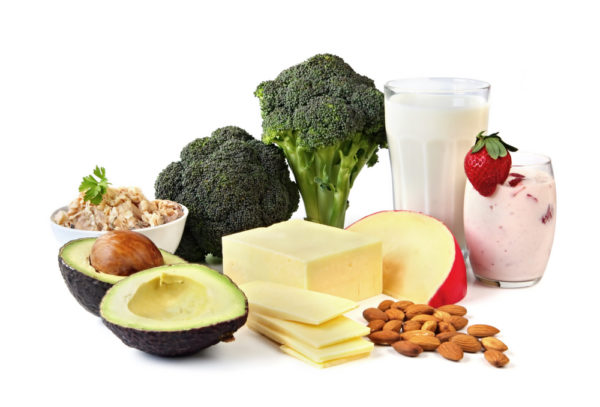Breast cancer strikes more than one-quarter of a million women in the U.S. each year, taking the lives of nearly 40,000 annually. While age, lifestyle, diet and physical activity all play a significant role in development of the disease, an estimated 15 percent of women fall victim due to genetic susceptibility.
Current treatment options include surgery, chemotherapy, radiation therapy, immunotherapy, and vaccine therapy, though extensive research clearly demonstrates that natural compounds, including vitamin D may play an effective role in the prevention and even treatment of breast cancer.
Researchers from Saint Louis University have discovered a molecular pathway that contributes to triple-negative breast cancer, an often deadly and treatment-resistant form of cancer that tends to strike younger women. Publishing in The Journal of Cell Biology, scientists identified vitamin D and some protease inhibitors as possible new therapies. Additionally, the study team discovered a set of three biomarkers that can help to identify patients who could benefit from the treatment.
Scientists know that women who are born with BRCA1 gene mutation are at increased risk for developing breast and ovarian cancers within their lifetime and the tumors that arise are frequently the triple-negative type.
Genetic expression has been identified as the primary pathway that allows tumor cells to grow unchecked. The study team identified how vitamin D plays a role in turning off this pathway, providing a safe and effective strategy to fight these types of tumors.
Vitamin D alters gene expression to prevent deadly mutations and lower breast cancer risk
The researchers sought to identify specific genes that either express or suppress the production of proteins that ultimately protect or promote the development of cancer cells. Each cell contains an extensive array of mechanisms designed to protect DNA integrity and prevent passing potentially damaging mutations to the next generation of daughter cells.
BRCA1 is a well-known tumor suppressor gene, as it helps repair DNA double-strand breaks, helping to prevent the initial phase of breast cancer lines. Loss of the BRCA1 gene repair ability greatly increases the risk of developing cancer.
Read more: Natural News



